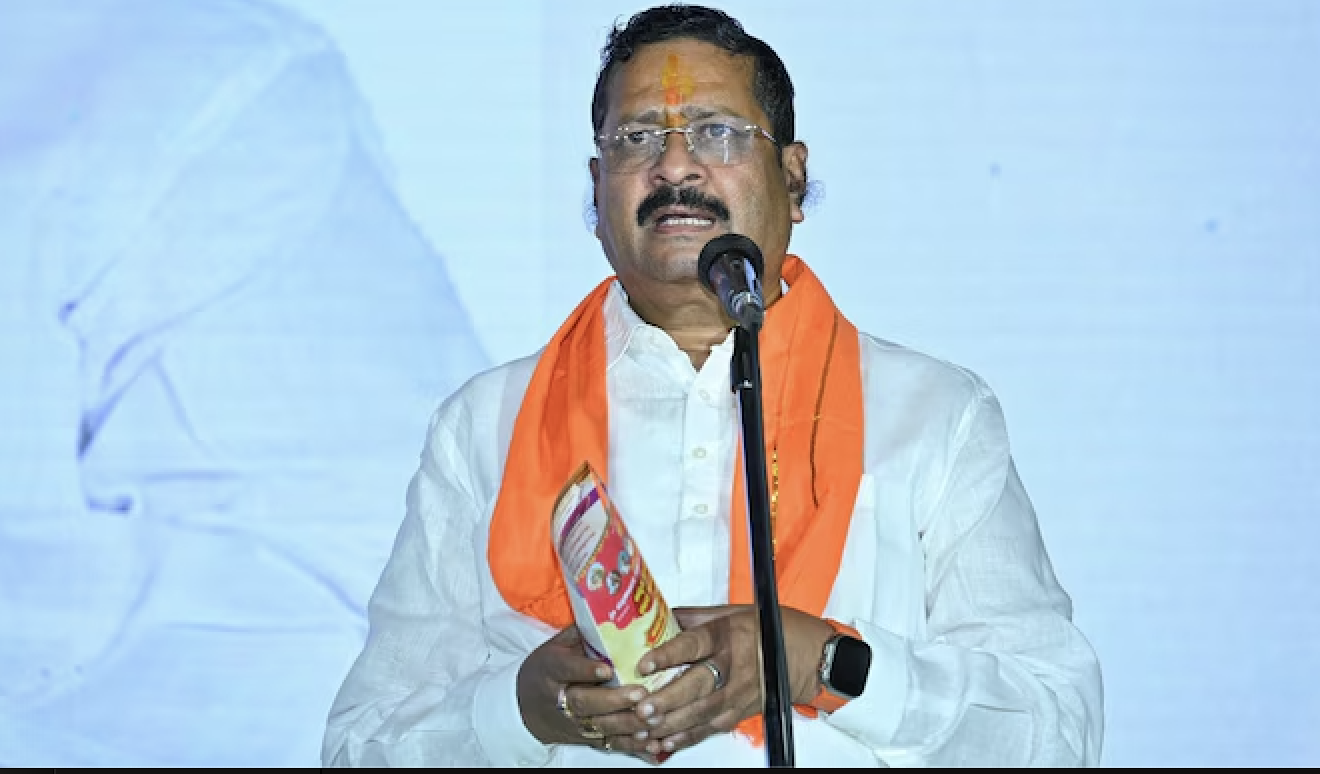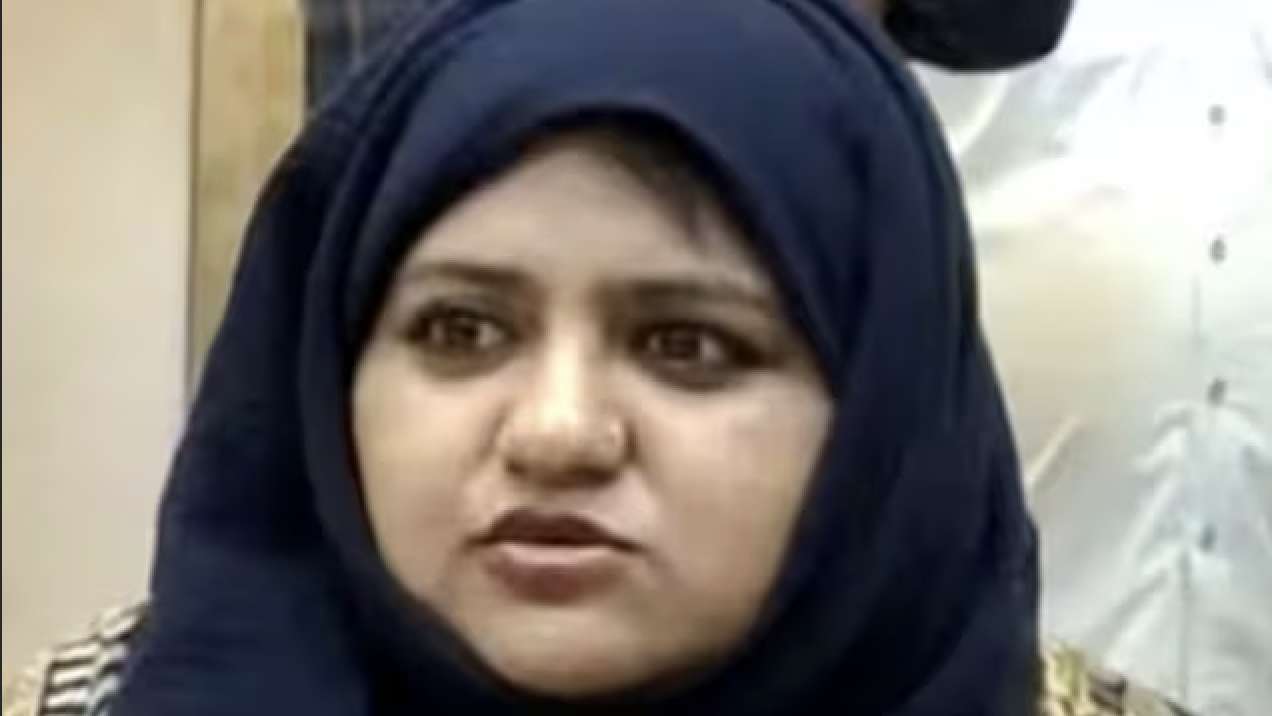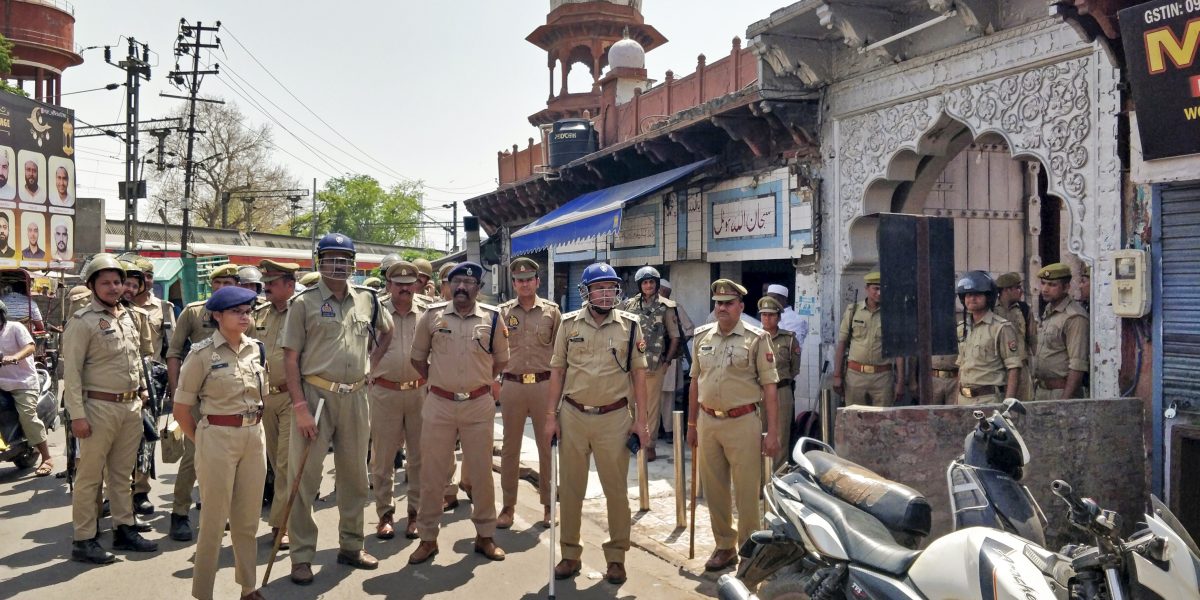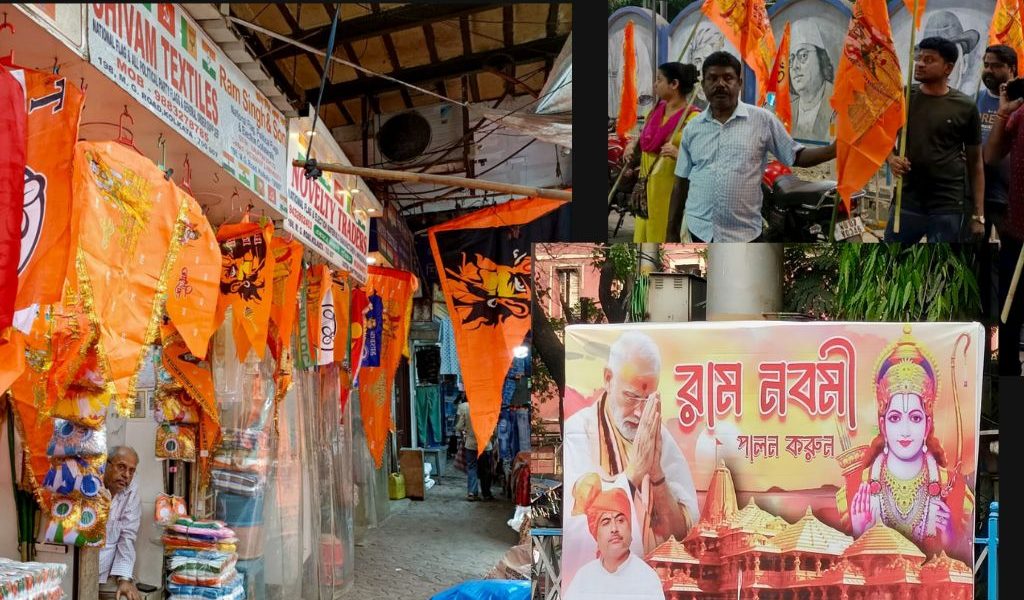
In a post-truth age, the Sangh Parivar and the BJP are adept at insisting that a particular reality exists to frame laws on it. They see ghosts (mostly Muslim) and then energetically legislate against the ghosts. The latest ghost that’s been resurrected is that of love jihad — a formulation never proven in a court of law that suggests Muslim males seduce/entice/fool Hindu women into marriage with the explicit purpose of converting them.
It’s supposed to be a mass conspiracy and the Yogi Adityanath government in Uttar Pradesh has brought in an ordinance that is designed to put inter-faith couples under the scanner and act as a deterrence against such marriages. Four other BJP-ruled states have declared their intentions also of doing so.
It shows a remarkable singularity of purpose in a year when the GDP has contracted by a quarter, when China is sitting on the border, when Covid-19 has ravaged the citizenry.
The love jihad laws are unlikely to stand legal scrutiny as they go against the freedom of choice and liberty. The UP ordinance, therefore, does not mention the term love jihad per se— although the CM had publicly said he would punish those who do this (love jihad) with a fate akin to death.
The ordinance, therefore, seeks to skirt its explicit purpose and is called the UP Prohibition of Unlawful Religious Conversion and lays down that those wishing to convert for marriage must inform the district magistrate two months in advance. Since conversion through fraud or coercion was already a crime under the IPC, there was really no need for this.
Meanwhile, in Uttar Pradesh, adult inter-faith couples now have to apply for government permission to have a love marriage, often against the wishes of family, community and local thugs. And should a Muslim male be found guilty of coercion and false representation, it’s a non-bailable crime with anything from one year to 10 years in jail as punishment. Any man of any community, down the ages, can fool a woman and vice versa. But this law absolutely discriminates against Muslim men marrying outside the community but not Muslim women who do so.
For, beyond raising the Muslim bogey again, the law is deeply patriarchal. At the heart is the presumption that women are so ‘silly and helpless’ that they will be seduced (by Muslim males, of course) and bring dishonour to the family and community. Hindutva emerges from a society that is deeply patriarchal anyway and sees women not as entities unto themselves but as extensions of male, family and clan honour. And no surprises that this law has first come in a state where the current CM famously gave the go-ahead to citizen vigilantes that called themselves “anti-Romeo” squads and believed they were saving women from males, mostly Muslims.
No society that claims to be moving towards equality and assimilation should have such laws.
But we are willfully moving in the opposite direction. In the first term of the simple-majority BJP government, from 2014, we saw lynching and hate speech against Indian Muslims (the most frequent cause of violence was the transportation of cattle or the simple ruse that cows were being slaughtered). It was a chaotic spraying of hatred. The second term, starting 2019, has been about organised legal action to make India as close to a Hindu rashtra as possible under the current Constitution.
The revival of the love jihad theme reveals that the country’s largest minority remains the enemy to be legislated against. It’s been law after law, starting last year. First came the Muslim Women (Protection of Rights on Marriage) Act, passed on July 30, 2019, in common parlance known as the law through which the rarely used practice of triple talaq was outlawed and made a non-bailable offence that invited three years’ imprisonment for the Muslim male. In that instance, it was claimed that the BJP regime was protecting Muslim women from Muslim men. Now, it’s apparently protecting Hindu women from Muslim men.
Six days after the triple talaq law was passed, on August 5, 2019, the government revoked Article 370 that gave limited autonomy and special status to the state of Jammu and Kashmir and reduced the state to two union territories. The only Muslim-majority part of India, Kashmir, was cut off from the Union, put into complete lockdown and its political leadership placed under house arrest, media muffled.
Four months later, on December 11, the CAA (Citizenship Amendment Act) was passed. It fast-tracked citizenship for refugees or migrants from neighbouring countries, unless they happened to be Muslims. The anti-CAA protests that followed and the cycle of resistance and crackdown are now part of contemporary history. Many Muslim men and a few women have landed in jail for being part of the protests in Delhi and UP (in between all this legislation had come the Supreme Court verdict on November 9, 2019, that handed over the bitterly contested Ayodhya site to the Hindu plaintiffs).
One would have imagined all these laws and judgments and multiple chargesheets criminalising Muslims would be enough to satiate Hindu pride and show the minority community their place in contemporary India. Not quite. For, as far as the cadres, foot soldiers and strategists of the BJP/Sangh Parivar are concerned, dog-whistling against Muslims could be the gift that keeps on giving.






